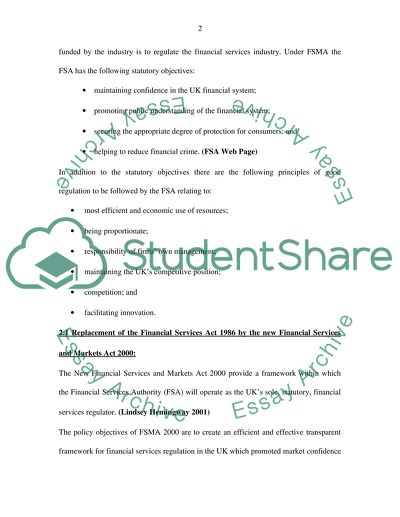Cite this document
(Markets in Financial Instruments Directive and Its Implications on the Literature review, n.d.)
Markets in Financial Instruments Directive and Its Implications on the Literature review. Retrieved from https://studentshare.org/finance-accounting/1504031-financial-services-and-markets
Markets in Financial Instruments Directive and Its Implications on the Literature review. Retrieved from https://studentshare.org/finance-accounting/1504031-financial-services-and-markets
(Markets in Financial Instruments Directive and Its Implications on the Literature Review)
Markets in Financial Instruments Directive and Its Implications on the Literature Review. https://studentshare.org/finance-accounting/1504031-financial-services-and-markets.
Markets in Financial Instruments Directive and Its Implications on the Literature Review. https://studentshare.org/finance-accounting/1504031-financial-services-and-markets.
“Markets in Financial Instruments Directive and Its Implications on the Literature Review”, n.d. https://studentshare.org/finance-accounting/1504031-financial-services-and-markets.


